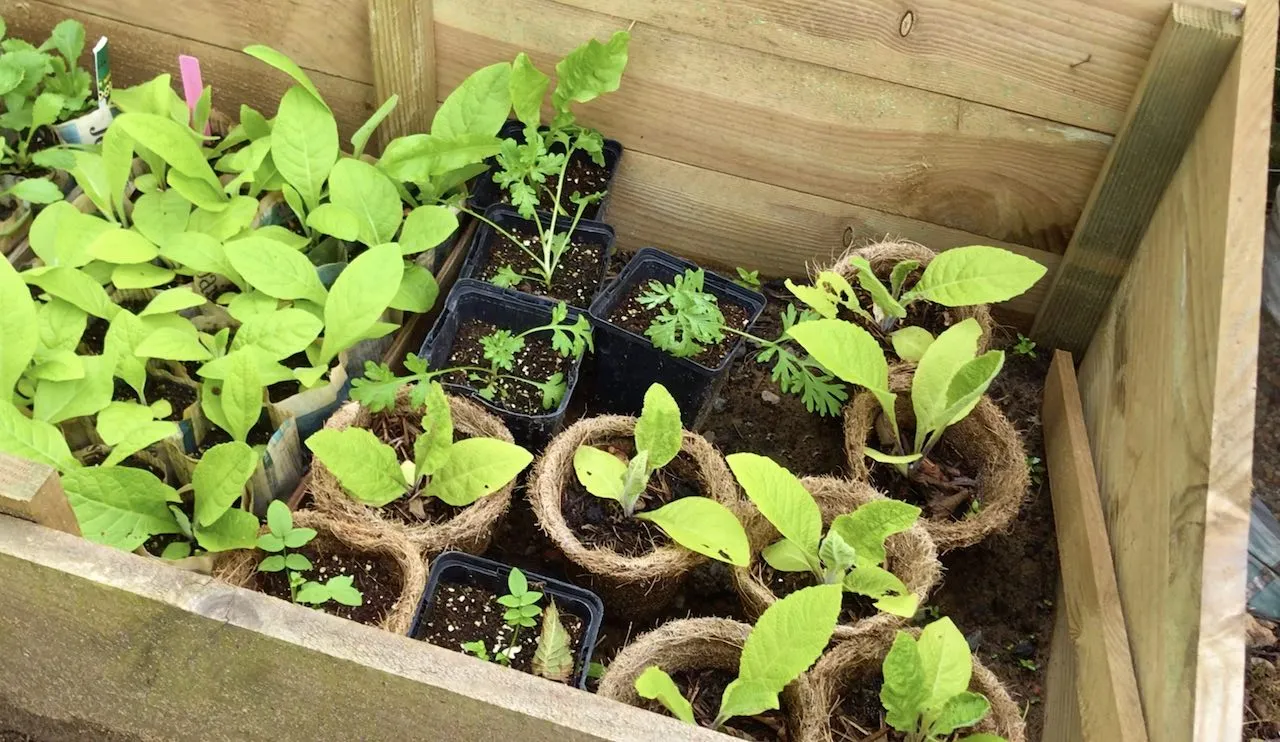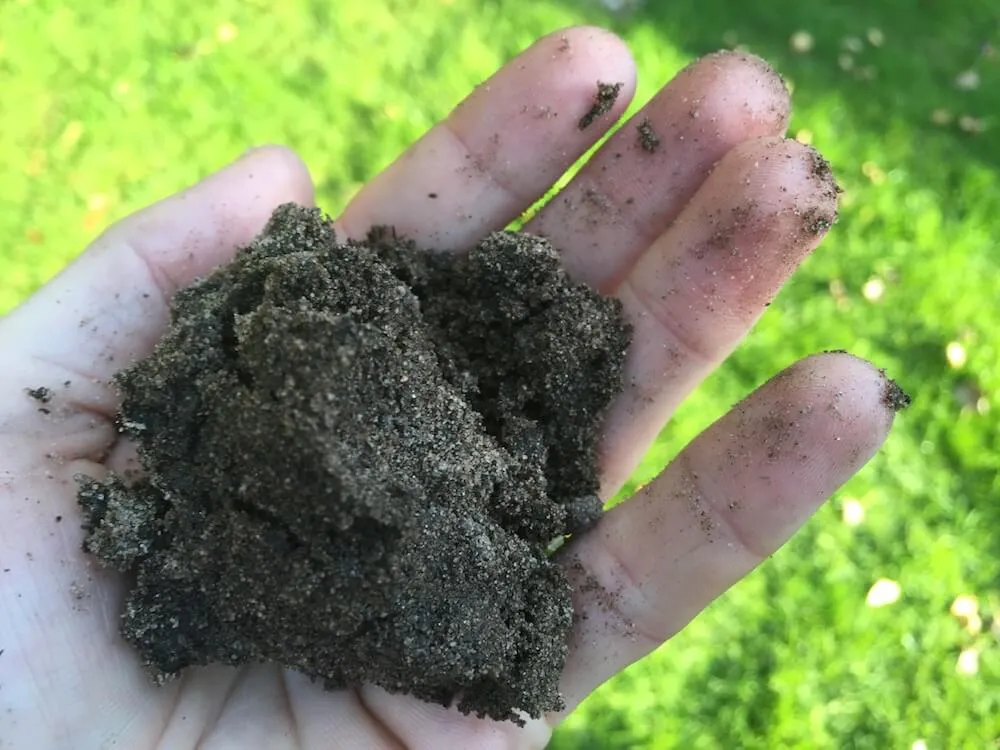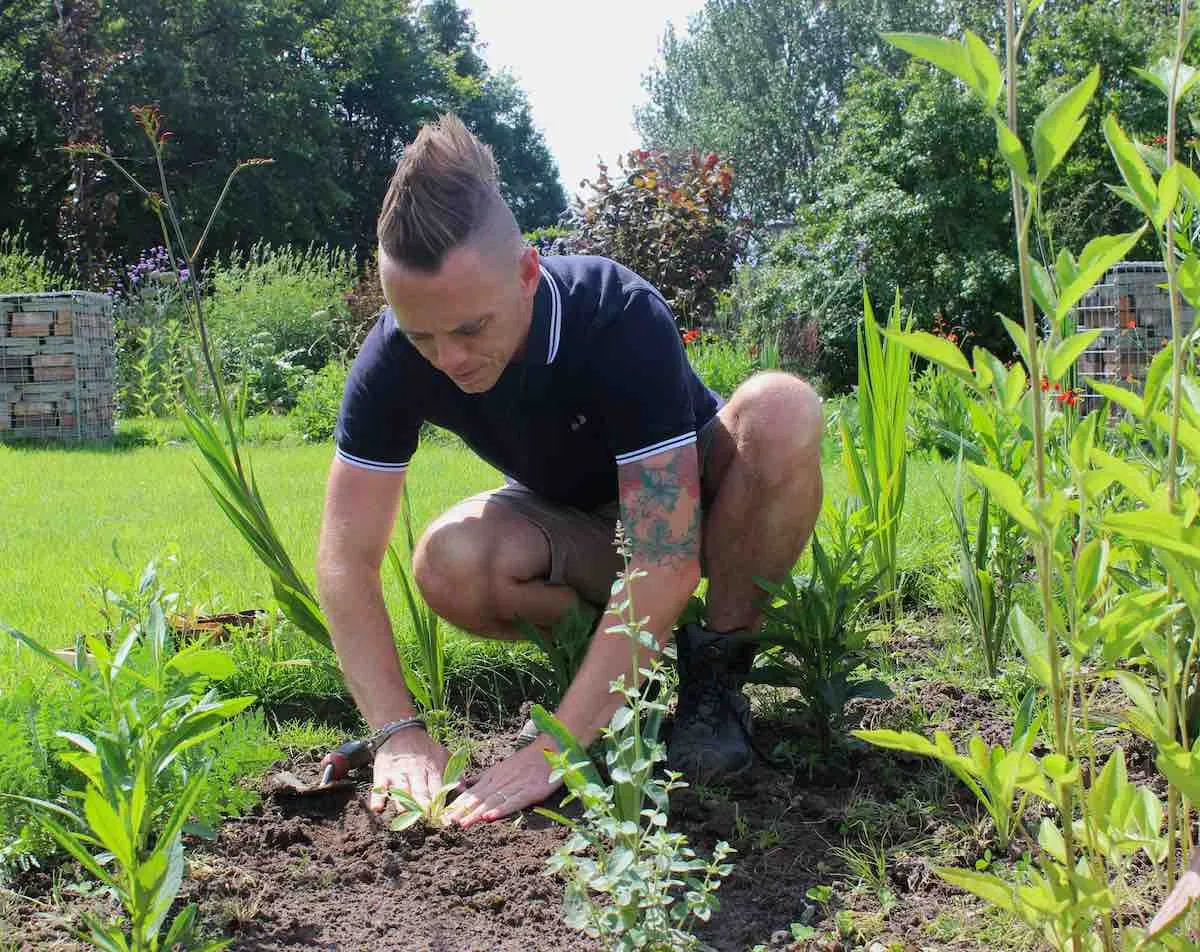Hi @nightnav
Thanks for your question about those tiny translucent worms in your soil. These are sometimes referred to as Pot worms and just to reassure you they are completely harmless and a great sign of fantastic soil health! So celebrate!
Pot worms, also known as pot worms or enchytraeids, are small, translucent worms commonly found in compost bins, potted plants, and garden soil. They can alarm new gardeners, though, with their ghostly appearance.
While they may resemble pests at first glance, pot worms are actually beneficial to the garden ecosystem.
Are Pot Worms Harmful or Pests?
No, not at all they are actually beneficial creatures in our gardens. Unlike some other soil-dwelling pests, pot worms are harmless to plants and humans. They do not feed on living plant tissue or cause damage to garden crops. Instead, they contribute to the overall balance and fertility of the soil. They do no harm but only bring goodness!

Here's a guide to understanding pot worms and their benefits Nightnav so you know why all expert gardeners leave them be in the garden.
1.What do Pot worms look like?
Pot worms are tiny, slender worms, usually less than an inch in length. They have a translucent or whitish appearance, making them easy to distinguish from other soil organisms.
2. Role of Pot Worms in Soil Health
Pot worms play a crucial role in soil health and decomposition processes. They help break down organic matter, such as dead plant material and decaying roots, into nutrient-rich compost. As they consume organic matter, they help accelerate the decomposition process, releasing essential nutrients that plants can absorb. They basically provide food for plants and vegetables in the garden.
3. Aeration and Soil Structure
Pot worms burrow through the soil, creating channels and aerating the soil as they move. This improves soil structure, enhances water retention, and promotes root growth. Their activity also helps prevent soil compaction, allowing plant roots to penetrate more easily.

4. Pot Worms as Indicators of Soil Health
The presence of pot worms is often an indicator of healthy, fertile soil. Their abundance suggests a well-balanced ecosystem with ample organic matter and beneficial microbial activity. So when you find them, you know that your garden ecosystem is in balance and Mother Nature is doing her thing!
https://youtu.be/SL8qCL_fGeM
5. Composting Assistants for Compost Bins
Pot worms thrive in compost bins and help accelerate the decomposition of organic waste. If you find them in your homemade compost or leaf mould, then their presence indicates active composting processes. This gives an indicator that your compost is the right mix of organic carbon and nitrogen-rich material.
6. Food for Other Organisms
Pot worms serve as food for various soil-dwelling organisms, including beneficial nematodes, mites, and microorganisms. They contribute to the overall biodiversity of the soil ecosystem and support a healthy food web.
Pot worms are super valuable allies in the garden, contributing to soil health, nutrient cycling, and composting processes. Gardeners should welcome their presence as indicators of a thriving ecosystem and healthy soil. Encouraging biodiversity and promoting soil health are essential practices for sustainable gardening and organic cultivation. So Nightnav I would leave them be and pat yourself on the back for having such a fab ecosystem in your garden!
All the best
Lee Garden Ninja
Did you know that you can take my course and learn how to become a Garden Ninja yourself? Click here for details
Hi @nightnav
Thanks for your question about those tiny translucent worms in your soil. These are sometimes referred to as Pot worms and just to reassure you they are completely harmless and a great sign of fantastic soil health! So celebrate!
Pot worms, also known as pot worms or enchytraeids, are small, translucent worms commonly found in compost bins, potted plants, and garden soil. They can alarm new gardeners, though, with their ghostly appearance.
While they may resemble pests at first glance, pot worms are actually beneficial to the garden ecosystem.
Are Pot Worms Harmful or Pests?
No, not at all they are actually beneficial creatures in our gardens. Unlike some other soil-dwelling pests, pot worms are harmless to plants and humans. They do not feed on living plant tissue or cause damage to garden crops. Instead, they contribute to the overall balance and fertility of the soil. They do no harm but only bring goodness!

Here's a guide to understanding pot worms and their benefits Nightnav so you know why all expert gardeners leave them be in the garden.
1.What do Pot worms look like?
Pot worms are tiny, slender worms, usually less than an inch in length. They have a translucent or whitish appearance, making them easy to distinguish from other soil organisms.
2. Role of Pot Worms in Soil Health
Pot worms play a crucial role in soil health and decomposition processes. They help break down organic matter, such as dead plant material and decaying roots, into nutrient-rich compost. As they consume organic matter, they help accelerate the decomposition process, releasing essential nutrients that plants can absorb. They basically provide food for plants and vegetables in the garden.
3. Aeration and Soil Structure
Pot worms burrow through the soil, creating channels and aerating the soil as they move. This improves soil structure, enhances water retention, and promotes root growth. Their activity also helps prevent soil compaction, allowing plant roots to penetrate more easily.

4. Pot Worms as Indicators of Soil Health
The presence of pot worms is often an indicator of healthy, fertile soil. Their abundance suggests a well-balanced ecosystem with ample organic matter and beneficial microbial activity. So when you find them, you know that your garden ecosystem is in balance and Mother Nature is doing her thing!
5. Composting Assistants for Compost Bins
Pot worms thrive in compost bins and help accelerate the decomposition of organic waste. If you find them in your homemade compost or leaf mould, then their presence indicates active composting processes. This gives an indicator that your compost is the right mix of organic carbon and nitrogen-rich material.
6. Food for Other Organisms
Pot worms serve as food for various soil-dwelling organisms, including beneficial nematodes, mites, and microorganisms. They contribute to the overall biodiversity of the soil ecosystem and support a healthy food web.
Pot worms are super valuable allies in the garden, contributing to soil health, nutrient cycling, and composting processes. Gardeners should welcome their presence as indicators of a thriving ecosystem and healthy soil. Encouraging biodiversity and promoting soil health are essential practices for sustainable gardening and organic cultivation. So Nightnav I would leave them be and pat yourself on the back for having such a fab ecosystem in your garden!
All the best
Lee Garden Ninja
Did you know that you can take my course and learn how to become a Garden Ninja yourself? Click here for details
 Lee Burkhill: Award Winning Designer & BBC 1's Garden Rescue Presenters Official Blog
Lee Burkhill: Award Winning Designer & BBC 1's Garden Rescue Presenters Official Blog



